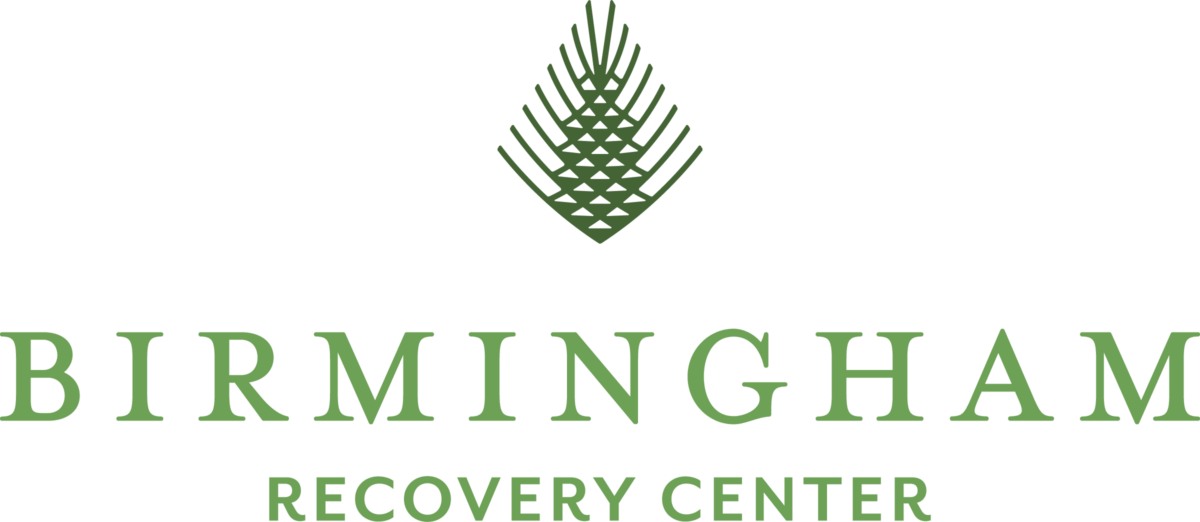Curious to know, “Does United Healthcare Cover Rehab?” The answer is “Yes, UHC does cover rehab.”
The company was founded in 1977 by Richard T. Burke. It is the largest health insurer in the country. In addition to offering insurance plans, it also offers wellness programs and other products that help people stay healthy.
Here’s what you need to know about United Healthcare.
What is UnitedHealthcare?
UnitedHealthcare is a division within UnitedHealth Group, which is the largest health insurance provider in the U.S. UnitedHealth Group now generates over $286 billion in annual revenue.
UnitedHealth Group merged its Medicaid business with AmeriCares, the company’s chosen platform to serve the economically disadvantaged.
How Does UnitedHealthcare Work for Addiction Treatment?
Parity requires that insurance companies offer comparable coverage to those who need addiction or alcoholism treatment as well as other medical treatments. This parity allows people to get the help they need without having to pay large sums out-of-pocket.
According to the UHC Member Handbook, you do not need to go to your primary care doctor before getting behavioral health services. But, you’ll need to get your care through someone who is in their Network. If you’re already seeing care, you should ask your provider if he/she takes UnitedHealthcare Insurance. UHC will have to approve you before you get the go-ahead to begin getting help.
Side Note: You should always ask your doctor about whether you need any kind of treatment before you start receiving it. Sometimes you’ll have to go through a process to get approval for certain treatments, but it shouldn’t stop you from getting the help you need.
United Healthcare Health Insurance: Drug and Alcohol Rehab
UnitedHealth Group is an American company that provides health benefits. United Healthcare partners up with 1.3 million physicians and healthcare professionals and about six thousand five hundred hospitals and facilities to provide discounts on medical care.
If you’re a United Healthcare customer, you may be able to get your insurance benefits to cover all or part of the cost of drug addiction treatment. Most UnitedHealthcare policies do cover inpatient or outpatient rehab, but the specifics of your coverage will vary depending on which plan you’ve chosen.
Types of Drug Rehab United Healthcare Covers
Comprehensive drug rehab consists of a variety of treatment modalities which vary by patient. Typical rehab includes detoxification services which may be required prior to entry into residential care. Inpatient treatment can last for a short period of time or several months.
In order to get better, you need to go to a place where there are people who are going through the same experiences you are. It’s helpful to talk to them. This is why Birmingham Recovery Center is here. We want to help you.
Does United Healthcare Insurance Cover Detox?
In most cases, before beginning addiction recovery, you will need to go through detox. A stay at a typical residential rehab center isn’t required to undergo this process, but it is highly recommended in case of an emergency.
Your stay at a detox facility may be partially covered by your insurance plan, whether it’s inpatient (in-house) or outpatient (out-of-house).
Going through detox and rehab can often be a very stressful and uneasy time in someone’s life. However, at Birmingham Recovery Center, we will work with both the patient and their insurance company to ensure that they can afford the treatment and rehab program that works best for them.
Confirming Insurance Coverage with UnitedHealthCare
Your first step in determining what treatment options you have for drug use addiction (DUA) is to review your specific health insurance policy and benefits. No two health insurance plans are the same, so your source of truth is your personal insurance plan. You can access your insurance information in the packet sent to you at the start of the new year or in your online accounts.
United Healthcare plans will have certain limits on how much you can spend on drug and alcohol rehabilitation centers. You’ll also be limited to how many days you can stay there. The type of support available will vary depending on your insurance policy. And the total amount you can spend on rehab per month will depend on your deductible and out-of-pocket costs.
Your Next Step
If you still have questions about how your UnitedHealthcare insurance works, or if you need more information about your rehabilitation coverage, please contact us. We will be happy to assist and answer any questions you may have. You can also reach out to us by phone at 205-813-7400.
Frequently Asked Questions
What if I don’t have Insurance? Can I still get rehab?
If you don’t have insurance, we recommend contacting your local community mental health center. They may be able to assist you with finding free or low cost rehabilitation centers.
Some states have state funded programs that cover addiction recovery. You can find this info out by calling us at 205-813-7400. We’ll take care of you!
How much does rehab cost?
There are many factors that influence how much rehab costs. These include the type of program, length of stay, location, etc.
The average cost of residential rehab varies widely depending on where you live. In some parts of the country, such as New York City, it can cost upwards of $20,000 per month.
However, most private facilities offer a sliding scale of fees based on income level. Some even offer scholarships to qualified applicants.
It’s important to note that while rehab can be expensive, the cost doesn’t necessarily reflect quality. There are plenty of high quality rehabs available throughout the country.
Are there other ways to pay for rehab besides insurance?
Yes! Many people choose to pay out of pocket when they enter rehab. However, there are several options to consider.
One option is to apply for financial aid from the facility itself. Most rehabs will offer some sort of scholarship or loan repayment plan.
Another option is to take advantage of grants offered by foundations and nonprofits. For example, the Narconon Foundation offers grants to people who qualify.
You can also use your savings to pay for rehab. If you do so, make sure you consult with a financial advisor and one of our professionals before doing so.
Is there anything else I need to know about paying for rehab?
While paying out of pocket is certainly an option, it’s not always a good idea. It’s important to remember that getting into rehab requires money.
Many people end up spending thousands of dollars just to get started. As previously mentioned, the cost of rehab varies greatly depending on where you live, what kind of program you go to, etc.
In addition, it’s difficult to predict whether or not you’ll actually succeed in staying sober once you leave rehab. Getting the right support system in place is key to success. Call us for a free consultation: 205-813-7400

